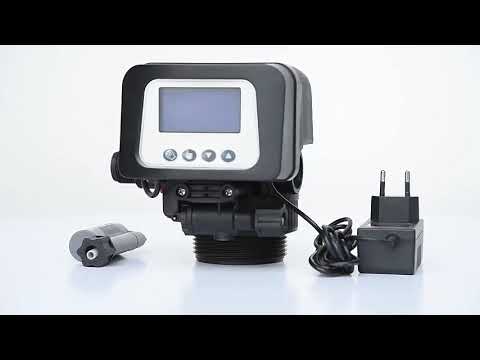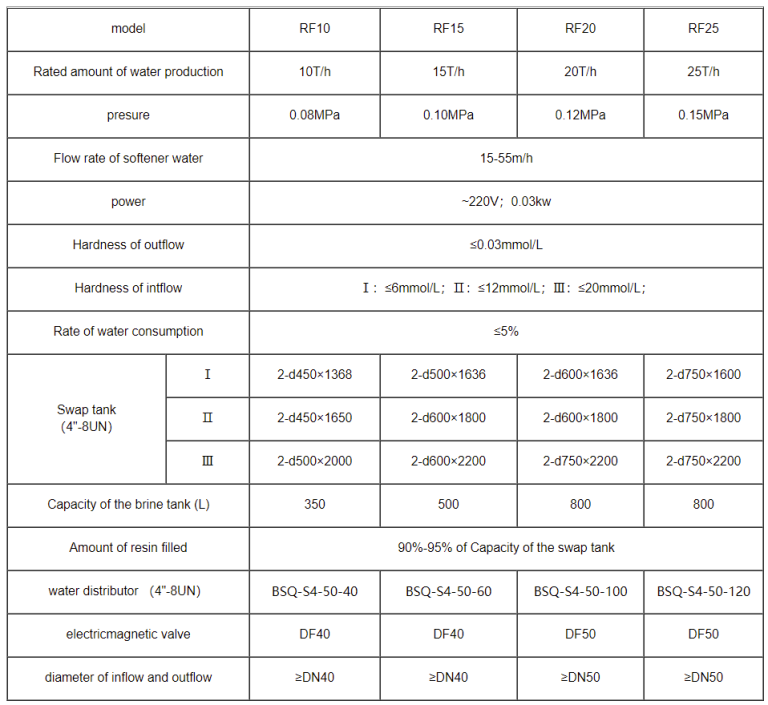“Water filters and softeners: Different solutions for cleaner, healthier water.”
Differences Between Water Filters and Water Softeners
Water filters and water softeners are two common household appliances that are often confused with each other. While both devices are used to improve the quality of water in your home, they serve different purposes and target different contaminants. Understanding the differences between water filters and water softeners can help you make an informed decision about which one is right for your needs.
Water filters are designed to remove impurities and contaminants from your water supply. These impurities can include sediment, chlorine, bacteria, and other harmful substances that can affect the taste and quality of your water. Water filters work by passing water through a series of filtration media, such as activated carbon or ceramic filters, which trap and remove these contaminants. This process helps to improve the taste and odor of your water, as well as reduce the risk of exposure to harmful substances.
On the other hand, water softeners are specifically designed to remove minerals that cause hard water, such as calcium and magnesium. Hard water can leave behind mineral deposits on your dishes, appliances, and plumbing fixtures, as well as make it more difficult to lather soap and shampoo. Water softeners use a process called ion exchange to replace calcium and magnesium ions with sodium ions, effectively softening the water and preventing the negative effects of hard water.
One key difference between water filters and water softeners is their target contaminants. While water filters focus on removing impurities and contaminants, water softeners target minerals that cause hard water. If you are concerned about the taste and quality of your water, a water filter may be the best option for you. However, if you are dealing with the negative effects of hard water, such as scale buildup and soap scum, a water softener may be more appropriate.
Another difference between water filters and water softeners is their maintenance requirements. Water filters typically need to be replaced every few months, depending on the type of filter and the level of water contamination. In contrast, water softeners require regular maintenance to replenish the salt or potassium pellets used in the ion exchange process. This ongoing maintenance can add to the cost of owning a water softener, but it is necessary to ensure that the device continues to effectively soften your water.
| Model | Central tube | Drain | Brine tank connector | Base | Maximum power | Operating temperature |
| 3150 | 2.375″(2″) O.D. | 2″NPTF | 1″NPTM | 4″-8UN | 87W | 1℃-43℃ |
In conclusion, water filters and water softeners serve different purposes and target different contaminants in your water supply. Water filters are designed to remove impurities and contaminants, while water softeners focus on minerals that cause hard water. Understanding the differences between these two devices can help you choose the right option for your specific needs. Whether you are looking to improve the taste of your water or prevent the negative effects of hard water, there is a solution available to help you achieve clean, healthy water in your home.








